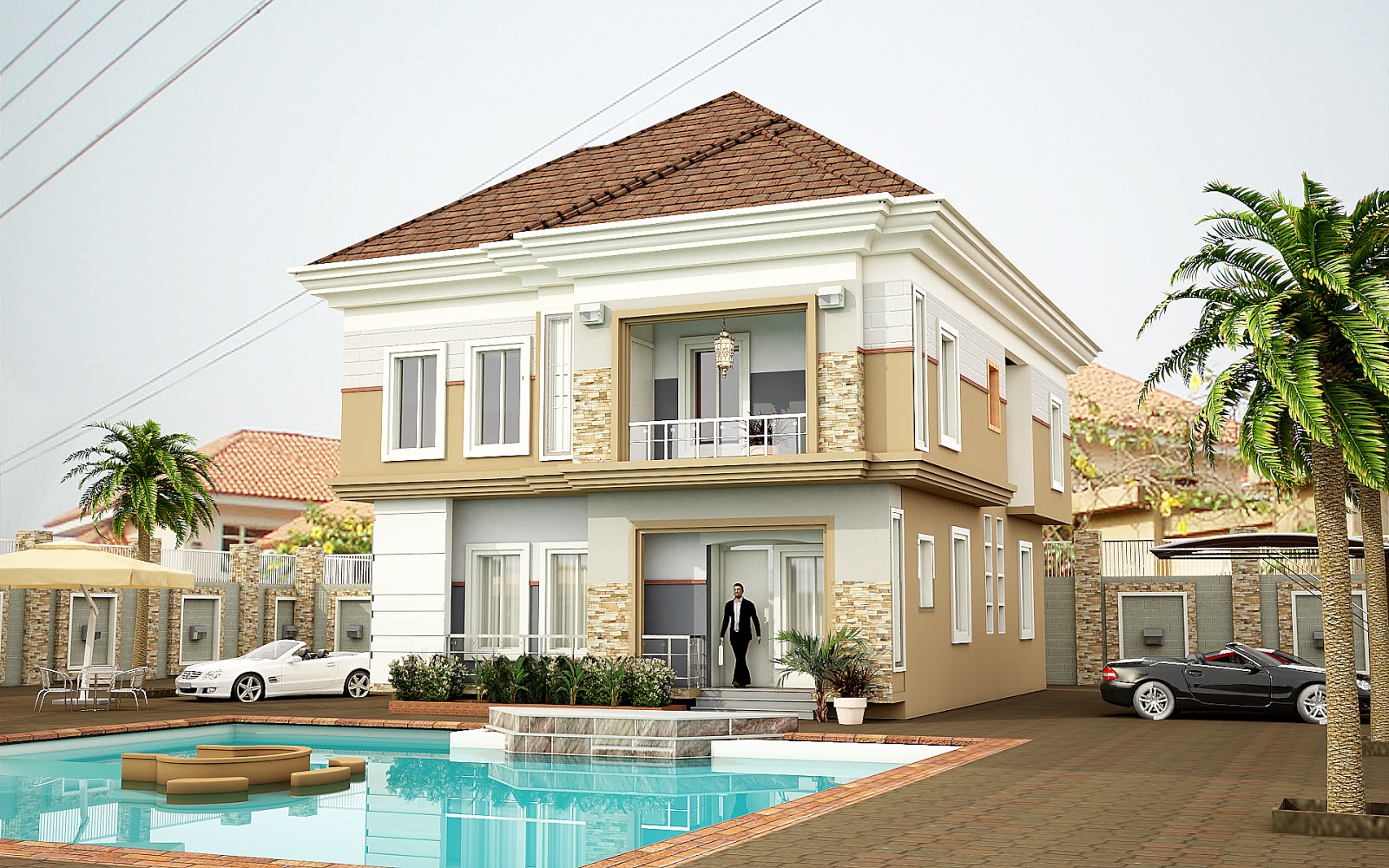Modern houses in Nigeria are a testament to the country's evolving architectural landscape. With a blend of traditional aesthetics and contemporary design principles, these homes offer a unique charm that's hard to resist. From the bustling streets of Lagos to the serene environments of Abuja, one can witness a burgeoning interest in modern architecture that pays homage to both functionality and style. This trend is not only elevating the real estate market but also enhancing the quality of living for many Nigerians.
The architectural innovations found in modern houses in Nigeria are a reflection of the country's rich cultural heritage and its aspirations for the future. These homes often incorporate sustainable materials and technologies, which not only reduce their environmental footprint but also offer long-term cost savings. Moreover, modern Nigerian homes are designed with the homeowner's comfort in mind, featuring open spaces, natural lighting, and luxurious amenities that cater to contemporary lifestyles.
Despite the challenges posed by the country's economic landscape, the demand for modern houses in Nigeria continues to grow. This surge is driven by a rising middle class that values quality construction and innovative design. As a result, architects and developers are pushing the boundaries of traditional designs, creating residences that are not only visually stunning but also highly functional. As we delve deeper into the world of modern Nigerian homes, it's clear that these structures are more than just buildings; they are a reflection of a nation's identity and its vision for the future.
What Defines Modern Houses in Nigeria?
Modern houses in Nigeria are characterized by their sleek designs and innovative use of space. These homes typically feature open floor plans, which create a seamless flow between different areas of the house. Large windows are a common element, allowing for ample natural light and providing breathtaking views of the surrounding landscape. Additionally, the use of sustainable materials and energy-efficient technologies is a hallmark of modern Nigerian architecture.
Why are Modern Houses in Nigeria Gaining Popularity?
The popularity of modern houses in Nigeria can be attributed to several factors. Firstly, there's a growing awareness of the benefits of sustainable living, which these homes often promote. Secondly, the aesthetic appeal of modern architecture is hard to ignore, with its clean lines and minimalist approach. Lastly, the functionality and comfort offered by these homes make them an attractive choice for families looking to invest in their future.
Key Features of Modern Houses in Nigeria
- Open floor plans
- Large, energy-efficient windows
- Use of sustainable and locally sourced materials
- Integration of smart home technologies
- Minimalist design with an emphasis on functionality
How Do Modern Houses in Nigeria Incorporate Local Culture?
While modern houses in Nigeria embrace contemporary design principles, they also incorporate elements of local culture. This can be seen in the use of traditional materials such as clay, wood, and stone, which are often combined with modern elements to create a unique aesthetic. Additionally, many architects draw inspiration from traditional Nigerian art and motifs, integrating them into the design of the home.
The Role of Technology in Modern Houses in Nigeria
Technology plays a crucial role in the design and construction of modern houses in Nigeria. Many of these homes are equipped with smart home systems that allow homeowners to control lighting, temperature, and security features remotely. Additionally, the use of energy-efficient appliances and solar power systems is becoming increasingly common, reducing the environmental impact and operational costs of these homes.
What Challenges Do Modern Houses in Nigeria Face?
Despite their growing popularity, modern houses in Nigeria face several challenges. The high cost of construction materials and labor can make these homes unaffordable for many people. Additionally, there is often a lack of skilled labor and expertise in modern architectural techniques, which can lead to delays and cost overruns. Finally, the country's infrastructure challenges, such as inconsistent power supply and poor road networks, can impact the livability of these homes.
The Future of Modern Houses in Nigeria
The future of modern houses in Nigeria looks promising, as more people embrace the benefits of contemporary living. The government's focus on improving infrastructure and promoting sustainable development is expected to drive further growth in this sector. Additionally, as architects and developers continue to innovate, we can expect to see even more unique and inspiring designs that reflect the diverse culture and aspirations of the Nigerian people.
In conclusion, modern houses in Nigeria represent a perfect blend of tradition and innovation. They offer a glimpse into the future of Nigerian architecture, where functionality, sustainability, and aesthetics come together to create living spaces that are not only beautiful but also truly livable.

![30+ Beautiful Houses In Nigeria With Photos [Updated 2024]](https://i2.wp.com/thearchitecturedesigns.com/wp-content/uploads/2018/09/13-Beautiful-houses-in-nigeria.jpg)


